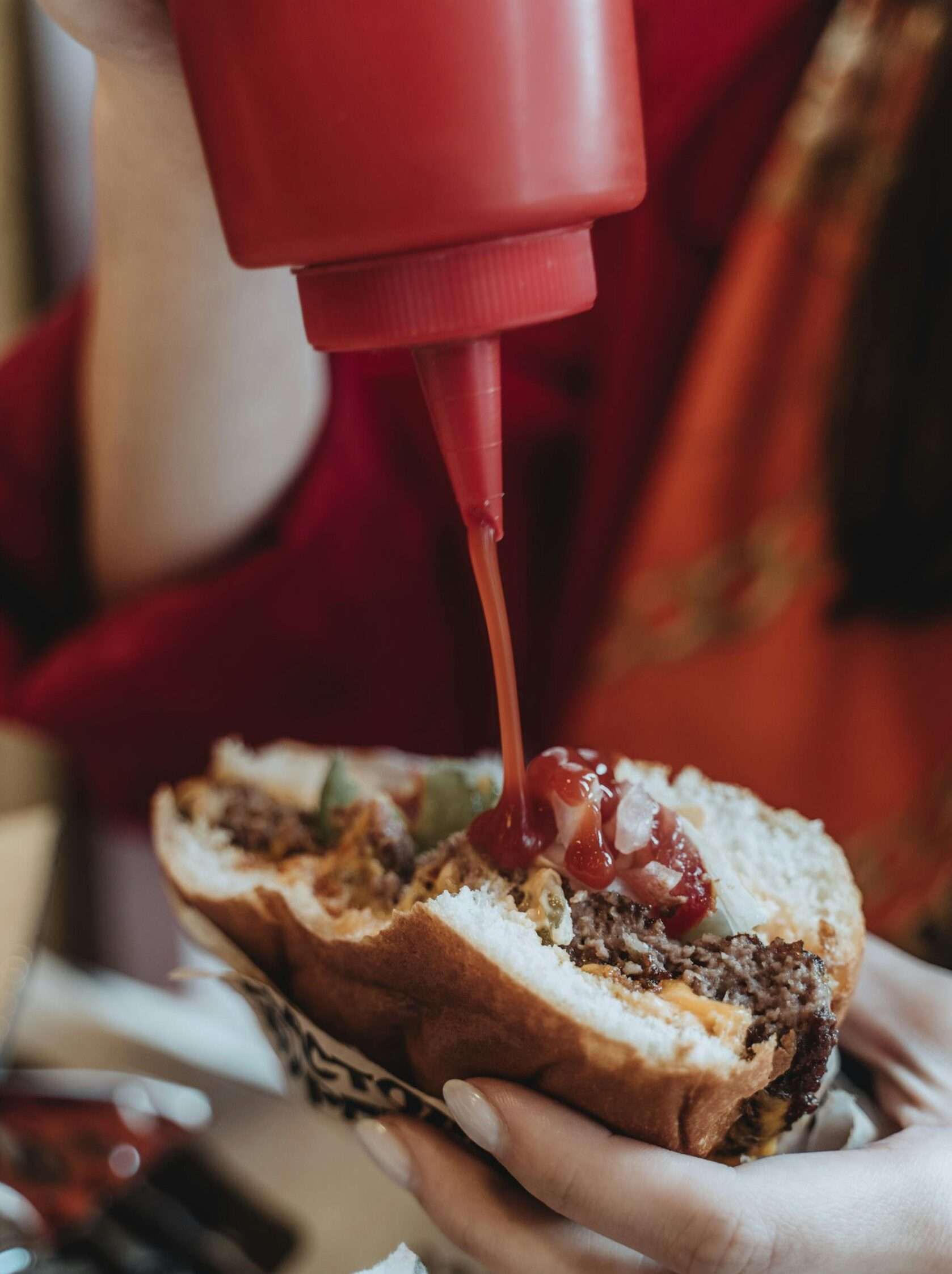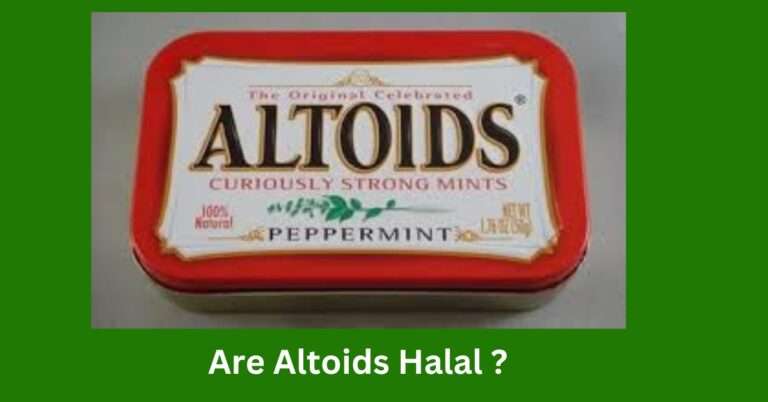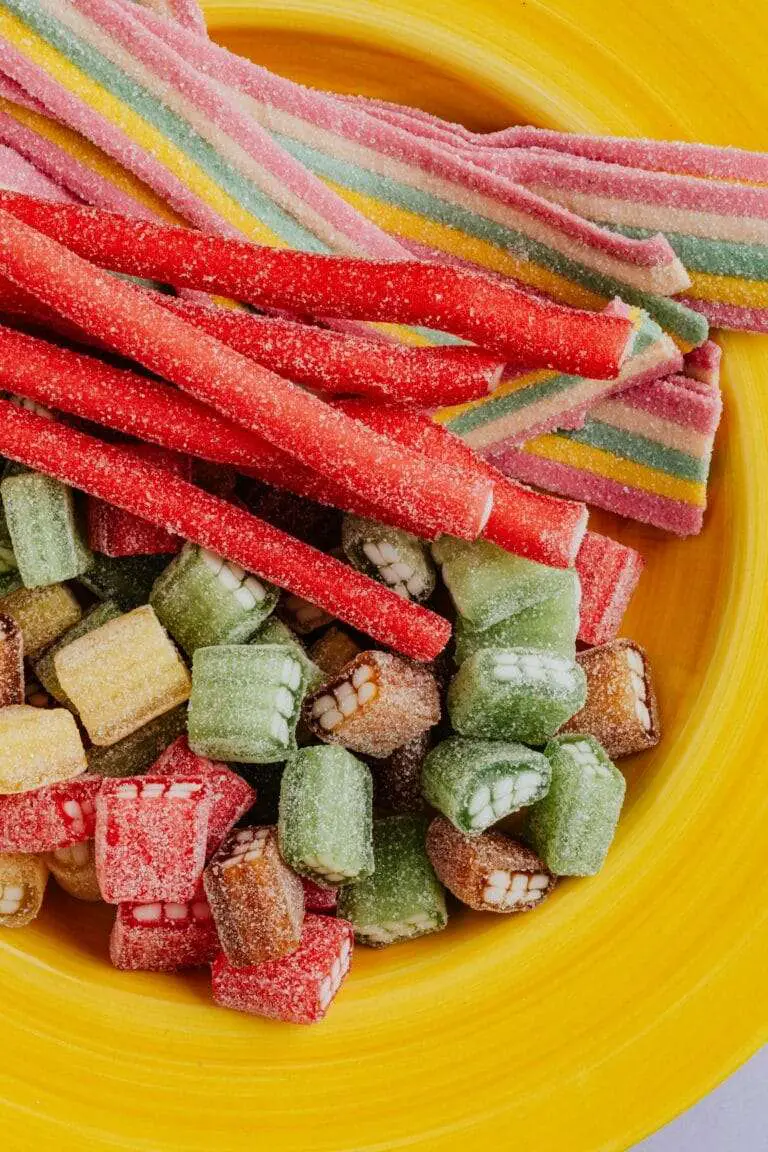Is Ketchup Halal? Exploring Ingredients and Halal Certification
Ketchup is one of the most popular condiments worldwide. It is found in almost every kitchen and served alongside various dishes. But for Muslims who follow dietary restrictions, a crucial question arises: Is ketchup halal?
Answer: IT DEPENDS.
Common Ingredients Found in Ketchup
Ketchup is typically made from a few key ingredients:
- Tomatoes: The primary ingredient, providing the base for the sauce.
- Vinegar: Adds tanginess and acts as a preservative.
- Sweeteners: Sugar or high-fructose corn syrup is often used to balance the acidity.
- Spices and Flavourings: These can include salt, onion powder, garlic powder, and other spices to enhance the flavour.
Potential Concerns Regarding Specific Ingredients
While these ingredients seem harmless, specific concerns arise, especially for Muslims who want to ensure that what they consume is halal. The main ingredients to scrutinise are vinegar, sweeteners, and any added flavourings or preservatives.

Specific Ingredients That Could Be Haram
- Vinegar Derived from Alcohol: While vinegar itself is halal, vinegar derived from alcohol could be considered haram by some scholars.
- Gelatin: Although rare, gelatin (often used as a stabiliser) could be derived from non-halal sources.
- Artificial Colourings and Flavourings: Some additives may be derived from non-halal sources or involve haram substances in their production process.
Examination of Commonly Used Additives in Ketchup
Many commercial ketchup brands use additives like preservatives, flavour enhancers, and thickeners. It’s important to identify these additives, as they may contain or be processed with non-halal substances.
Certifications and Halal Labels
Importance of Halal Certification for Processed Foods
Halal certification is vital for processed foods like ketchup. It assures consumers that the product has been inspected and meets halal standards.
How to Identify Halal-Certified Ketchup Brands
Look for labels on ketchup packaging from trusted halal certification bodies. These labels typically include the name of the certifying organisation and a logo indicating that the product is halal.
The Role of Trusted Halal Certification Bodies
Organisations such as the Islamic Food and Nutrition Council of America (IFANCA) or Halal Food Authority (HFA) are recognised for their strict adherence to halal standards. Muslim consumers can trust products certified by these bodies.
Conclusion
Is Ketchup halal or not? depends mainly on its ingredients and the source of those ingredients. By checking for halal certifications and understanding what to look for, Muslim consumers can confidently enjoy their favourite condiments without compromising their dietary principles.
Frequently Asked Questions
How can I ensure the ketchup I buy is halal?
Look for halal certification from trusted bodies and review the ingredient list for any suspicious additives.
Does halal certification guarantee that ketchup is 100% halal?
Yes, halal certification from a trusted body ensures that all ingredients and the manufacturing process comply with halal standards.
Are there any specific brands of ketchup known to be halal?
Many major brands offer halal-certified versions of their products, but it’s always best to check the packaging for a halal certification label.
Can ketchup be haram if it contains alcohol-based preservatives?
Yes, if a preservative is derived from alcohol or contains alcohol, it could render the ketchup haram.
Is homemade ketchup always halal?
Homemade ketchup can be halal if all the ingredients used are halal. It's important to ensure that any vinegar, spices, or sweeteners are from halal sources.






